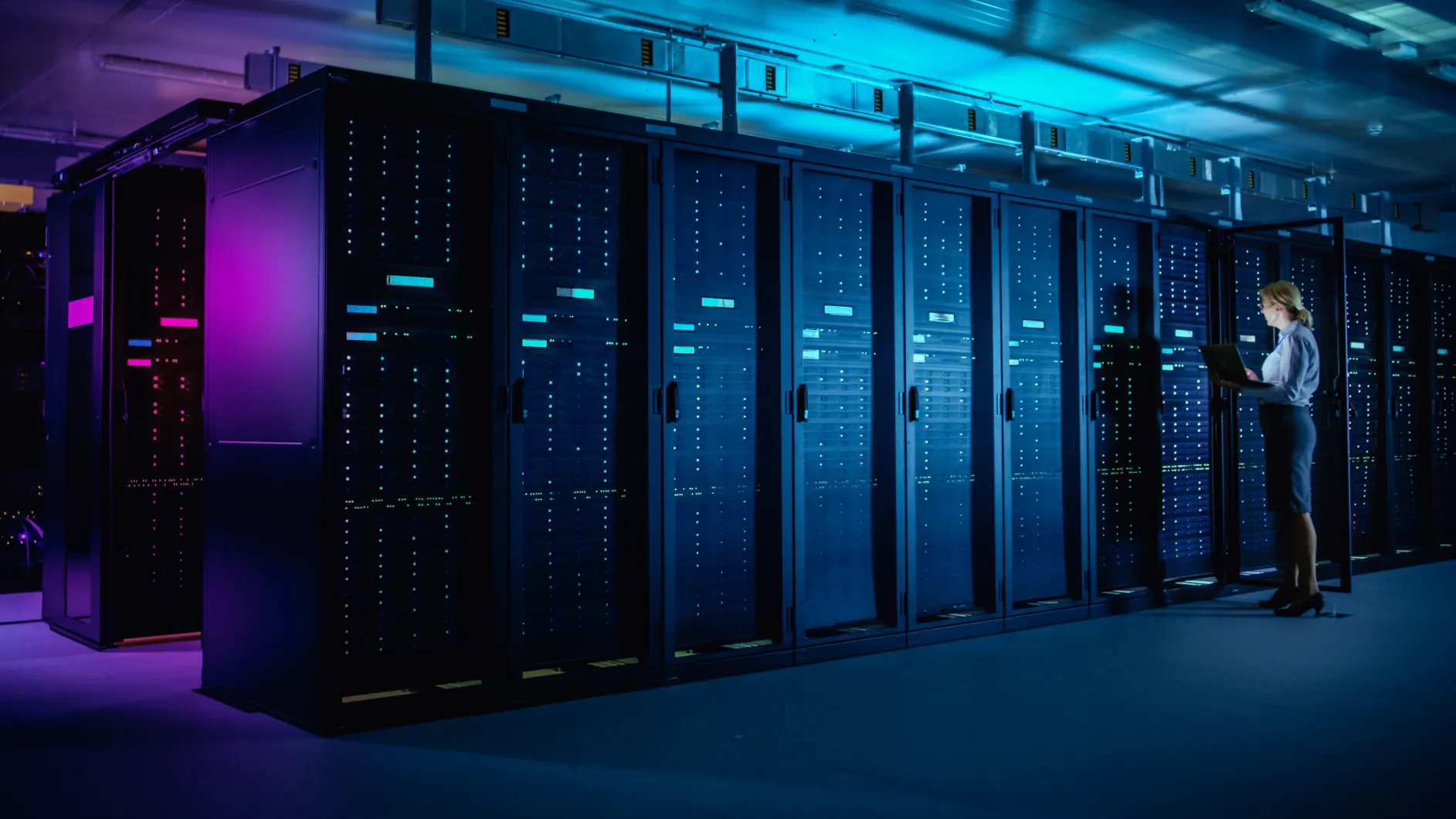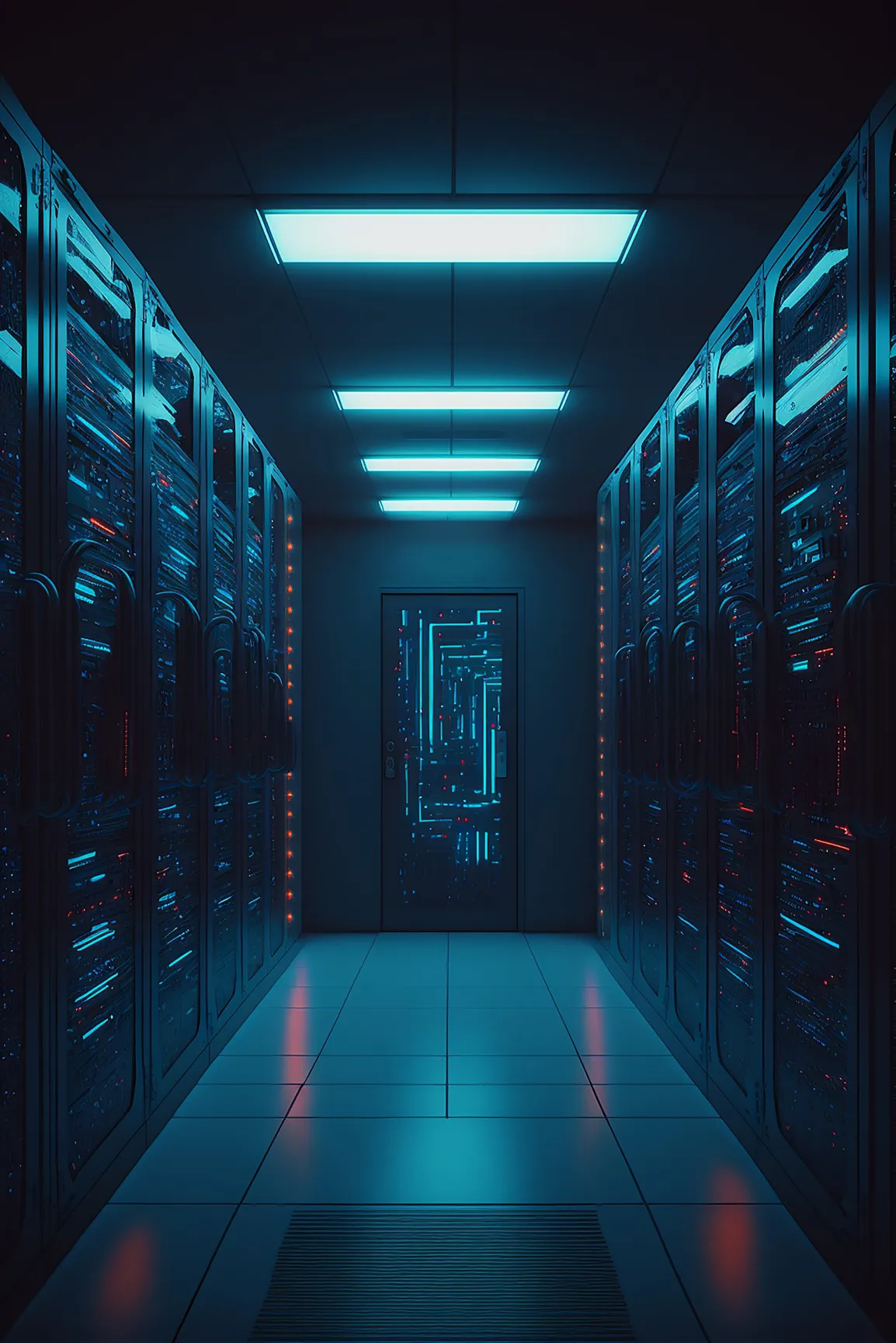- info@pimser.com
- Mutlukent Neighbourhood 1989. Street No:7 Cankaya / Ankara
Data Centers
Data Centers

A data center is a facility that houses computer systems and other equipment for data storage, management, and dissemination. It is usually designed with specialized infrastructure and equipment to support large numbers of computers and other electronic devices. The purpose of a data center is to provide reliable and secure computing resources for businesses, organizations and individuals.
Electrical Infrastructure A data center requires a reliable and robust power supply to support computing equipment. This includes primary and backup power sources such as generators and uninterruptible power supply (UPS) systems to ensure uninterrupted operation during power outages.
Cooling Infrastructure Computing equipment generates a lot of heat that can damage components and reduce their lifespan. A data center needs a cooling system that can maintain a constant level of temperature and humidity, such as air conditioning, water cooling, or liquid immersion cooling.
Network Infrastructure The data center must have a high-speed and reliable network infrastructure to connect computing equipment to the internet and other networks. This includes routers, switches and fiber optic cables.
Monitoring and Maintenance A data center needs 24/7 monitoring to keep it running efficiently and reliably. This includes checking the performance of computing equipment, temperature and humidity levels, and power supply and cooling systems.
Security A data center contains sensitive and valuable data that must be protected against theft, hacking, and other threats. This includes physical security measures such as access control and surveillance systems, as well as network security measures such as firewalls and intrusion detection systems.
Ultimately, data centers are critical infrastructure for the digital economy, providing reliable and secure computing resources for businesses, organizations, and individuals. They require careful planning, design and management to ensure they operate efficiently, safely and reliably. As the demand for data storage and processing continues to increase, data centers will continue to play a crucial role in the digital world.


